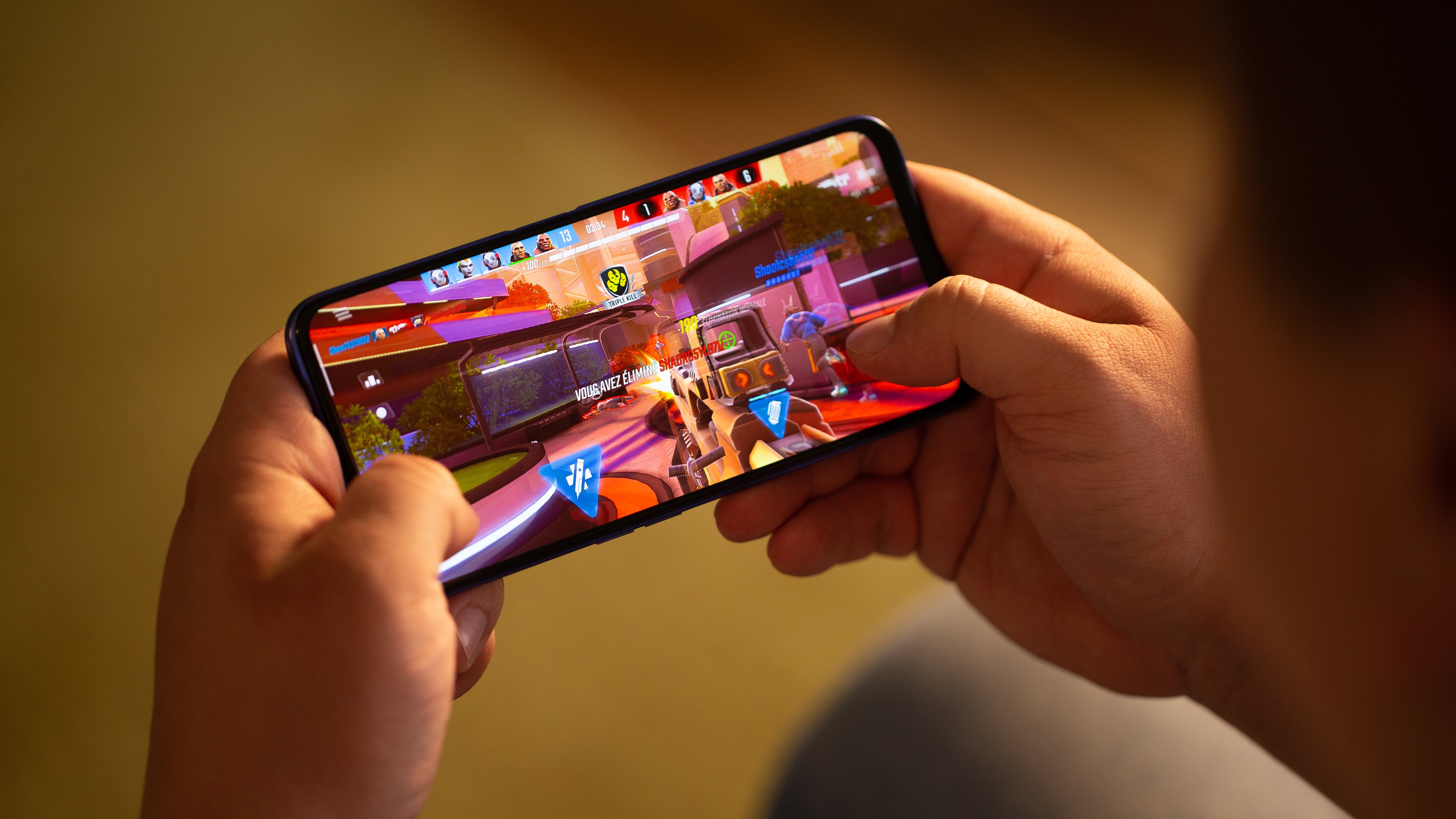WHO’s Reason Set ‘Video Game Addiction’ Health Disorders

The World Health Organization (WHO) has just established video game addiction as a form of mental health disorder. Video game addiction is included in the latest version of the disease classification released by WHO on Monday (6/18).
In that classification, WHO defines addiction to play games characterized by repetitive patterns of game behavior, whether online or offline. Addiction to play can be seen from several manifestations of the inability to control the game, prioritizing the game over the interests of other lives and continuing the game even though it has negative consequences.
“What’s important is that this behavior (playing games) continues despite these negative consequences,” mental health and substance abuse experts for WHO Vladimir Poznyak, quoted by The San Diego Union-Tribunne, said.
Poznyak explained that a person can be qualified as a mental health disorder who is addicted to video games if repetitive play activities damage personal life, family, social, education, work and various other aspects of life.
WHO calls this disorder usually proven after 12 months. However, severe symptoms can lead to a faster diagnosis. Poznyak said that diagnosis should only be made by a professional health worker.
WHO includes addiction to games as a form of mental health so that people and health workers can make prevention efforts.
WHO requests that people who play games always pay attention to the amount of time spent playing compared to other activities. People must also pay attention to changes in physical and psychological health and social functions during play.
Reap of controversy
On the other hand, the WHO’s decision also raised controversy. Mental health experts consider this decision too rash. A psychologist from The Telos Projext, Texas, Anthony Bean called the diagnosis was too early.
“It’s a bit too early to call this a diagnosis. I’m a doctor and researcher, so I see people who play video games and are confident that they are not on the addiction line,” Bean was quoted as saying by CNN.
Bean believes that people use video games to deal with anxiety and depression
A psychologist and researcher from Stetson University in DeLand, Christopher Ferguson also assessed WHO’s decision was not supported on a strong basis.
“There is widespread concern that this is a diagnosis that does not really have a very strong research foundation,” Ferguson was quoted as saying from USA Today.


